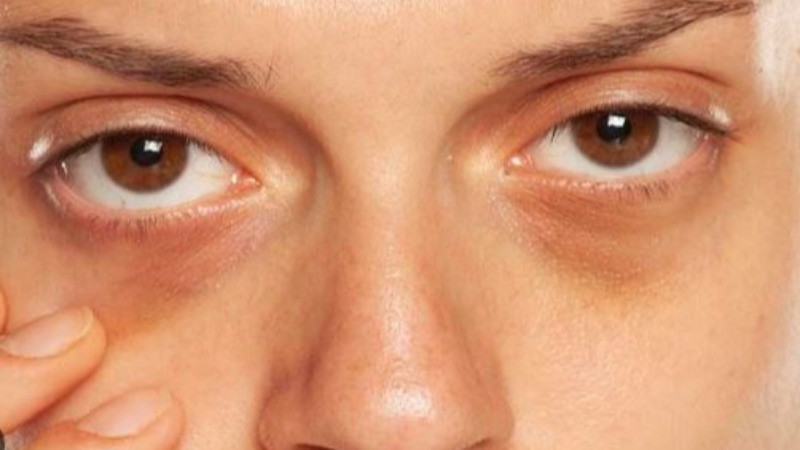
Nowadays, laptops, smartphones, artificial lights and food are having a huge impact on our eyes. According to a study published in the National Library of Medicine, by 2050, more than half of the world's population will face blurred vision i.e. eye problems. By this time, more than 50% of people may be suffering from myopia i.e. nearsightedness. The effect of this problem is already being seen in countries like Singapore, which is also called the capital of myopia.
Myopia status in Singapore
According to Audrey Chia, Associate Professor and Senior Consultant at Singapore National Eye Centre (SNEC), the problem of myopia has been seen in Singapore for the last 20 years. Here about 80% of the youth have myopia and every second person is forced to wear glasses. This problem is not limited to Singapore only, but it has now become a global problem. The age of the eyes is decreasing due to the blue light emitted from mobile and laptop, as well as modern lifestyle. The problem of myopia is also increasing rapidly in countries like America, South Korea, Taiwan and China. In China, the problem of myopia in children has reached 76%-90%. In India, the figure of myopia is currently between 20-30%, but it is increasing rapidly. If awareness about this problem is not increased among the people, then this situation can become serious.
What is Myopia? : Myopia, also known as nearsightedness, is an eye condition in which distant objects appear blurred. People suffering from myopia have trouble watching TV, using mobile phones, reading signboards or driving.
Symptoms of myopia
Seeing distant objects blurry,
straining to see distant objects,
tiredness and tension in the eyes,
poor focus,
frequent headaches
due to myopia
Visual stress
Spending too much time on screen
Family history
Diabetes
Spending too much time at home or office
Eye protection measures
Increase outdoor activities: Spend more time in parks, gardens or green spaces.
Reduce screen time: Take breaks to read and write instead of doing it continuously.
Don't sit close to the screen: Don't read the screen or book too closely.
Wear anti-glare glasses: Sit in front of the screen wearing anti-glare or blue light glasses.
Eat a vitamin-rich diet: Eat foods rich in vitamins A and C.
Spend time in the sun: Spend more time outdoors in sunlight.
Stay away from smoking and alcohol: These things have a negative impact on eye health.
Regular eye checkups: Get your eyes checked regularly.
Key Skills for Success as an SDE 1: A Roadmap for Aspiring Developers
PM Modi Calls For Global Best Practices in Indian Auto Industry
Delhi Court Grants Interim Bail to Sheikh Rashid in Terror Funding Case